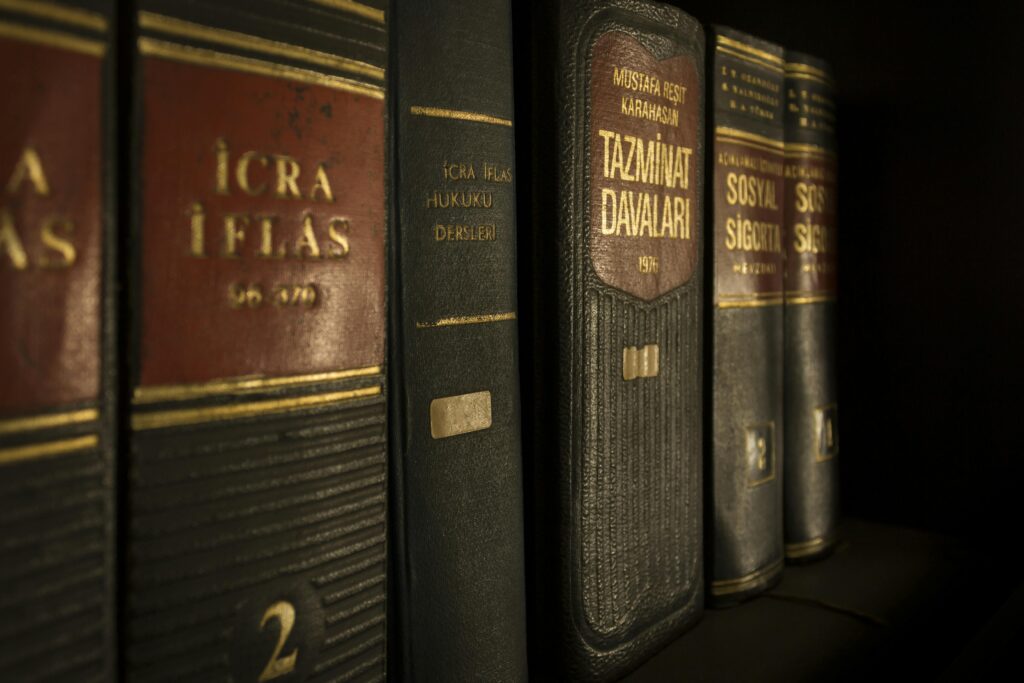Published on 15th June 2025
Authored By: Pratham Ganesh Chavan
Adv Balasaheb Apte College of Law
Citation: AIR 2021 SC 3723, AIRONLINE 2021 SC 443
Bench: Jus B.R. Gavai, Jus R.F. Nariman
Abbreviations
- FCPL – Future Coupons Pvt Ltd.
- FRL – Future Retail Limited.
- SIAC – Singapore International Arbitration Centre
- MDA – Mukesh Dhirubhai Group
Keywords: Emergency Arbitration, Emergency Award, Section 17, Section 37, Interim Relief.
Abstract
This article talks about the Arbitration and conciliation act, 1996 in which Award delivered by emergency arbitrator under the SIAC Rules (Singapore International Arbitration Centre) is valid or not under Section 17(1) of the arbitration act. Whether an order passed under section 17(2) of the arbitration act is appealable or not.
Facts
Total 3 agreements were entered into by both parties.
A shareholders agreement dated 12th August 2019, was entered into by the Biyani Group Respondent no 1 t 13 (FRL Shareholder agreement). Under this agreement Amazon had special rights to FRL including the (Retail stores) retail assets. The rights which were granted to FCPL were for the benefit of the Amazon.
Agreement dated 22nd August 2019 entered into between Amazon, FCPL & Respondents No 3 to 13 (FCPL Shareholder Agreement). Amazon agreed to invest Rs 1431/- crores in FCPL based on rights granted to FCPL under the FRL shareholders agreement.
The investment of Rs 1431/- crores was accorded in the share subscription agreement. It was expressly stipulated that investment in FCPL will be flown down to FRL.
As a result, FRL could not transfer their retails assets until and unless they take permission from Amazon. Also Amazon had set out a list of restricted persons in the Schedule 3 and this restricted person included Mukesh Dhirubai Ambani Group (Reliance Industries Group) under the both shareholders agreements.
After some months Respondents no 1 to 13 entered into transaction with Reliance group which leads to amalgamation of FRL and Reliance Group,
Amazon initiated the arbitral proceedings seeking emergency interim relief under the SIAC rules asking for injunction against the transaction in which the award was passed.
Award passed by the Arbitrator
- FRL is prohibited from completing any contested deal with the MDA group.
- FRL cannot transfer, sell, mortgage, assets or shares without the permission of the Amazon.
- The orders passed will take effect immediately and will remain in effect unless and until tribunal makes further decision.
- Amazon has to provide guarantee for (cross-undertaking in damages) if the allegation made by the Amazon is false
Legal Issues
- Whether Award delivered by emergency arbitrator under the SIAC Rules (Singapore International Arbitration Centre) is valid or not under Section 17(1) of the arbitration act.
- Whether an order passed under section 17(2) of the arbitration act is appealable or not.
Argument By the Parties
Petitioner’s Argument
- Amazons lawyer pointed out that Biyani group admitted to violating the emergency Arbitrator’s order.
- As the Biyani group ignored the ruling of the arbitrator.
- Amazons layer also argued that the award falls under the Arbitration Act and not under the Code of Civil Procedure.
Respondents Argument.
- Biyani Lawyer Argued that the emergency arbitrator did not have the legal power to make the ruling.
- The higher court relied on incorrect legal reasoning and misinterpreted past judgements leading to flawed decisions.
- The agreement only covered standard arbitration rules, not emergency arbitration, so Amazon claim in not valid.
Judgement of the Court
The Supreme Court of India ruled in favour of Amazon, holding that an Emergency Arbitrator’s award is enforceable under Section 17(2). The Court reasoned that since parties voluntarily agreed to SIAC arbitration rules, which include emergency arbitration provisions, they were bound by the EA’s decision. The Court reaffirmed the pro-arbitration stance of Indian law, emphasizing that Section 17(2) does not exclude Emergency Arbitrators from its purview.
Furthermore, the Court clarified that no appeal lies under Section 37 against an order enforcing an EA’s decision under Section 17(2). It distinguished between orders granting interim relief under Section 17(1) (which are appealable) and orders enforcing such relief under Section 17(2) (which are not appealable). As a result, the enforcement of the EA’s award remained undisturbed.
Analysis
Indian courts were indecisive on the legitimacy of enforcing Emergency Arbitrators’ awards until this judgment. In 2015 and 2019, India took steps toward a more pro-arbitration policy with the changes made to the Arbitration Act, yet there was no acknowledgment of Emergency Arbitration. Prior decisions had favorably dealt with the independence of arbitral institutions, but none had specifically addressed the enforcement of EA awards.
This decision is likely to bring the Indian arbitration regime in tune with global practices, especially in Singapore and the United Kingdom, where the awards of Emergency Arbitrators are recognized. The Court’s reliance on party autonomy and institutional arbitration rules revealed a forward-looking approach, which further cements India’s position as a pro-arbitration jurisdiction.
A significant reason for the decision lies with the contract between Amazon and FRL which contained express references to the SIAC rules. Because SIAC permits Emergency Arbitration, the parties had consented to be subject to such a procedure. The decision ensures that commercial parties are not allowed to escape obligations on the basis of validity of EA orders.
The Court also ensured that Section 37 did not give the opportunity to delay enforcement. By restricting appeals to orders made under Section 17(1), the judgment prevents frivolous challenges to EA enforcement, thereby upholding the efficiency of arbitration.
Conclusion
The Supreme Court’s ruling reinforces the legitimacy of Emergency Arbitration in India and strengthens the enforceability of EA awards. By barring appeals under Section 37, the judgment ensures swift enforcement of interim measures, making India a more arbitration-friendly jurisdiction.
References
- Arbitration and Conciliation Act 1996. Indian Kanoon. Retrieved March 28, 2025, from https://indiankanoon.org/doc/1306164/
- Com Nv Investment Holdings Llc vs Future Retail Limited on 6 August, 2021. Indian Kanoon. Retrieved March 28, 2025, from https://indiankanoon.org/doc/104517457/




